The histroy of the Pulitzer prize
The Pulitzer Prize stands as one of the most esteemed awards in the realms of journalism, literature, and music. Established over a century ago, it has recognized the pinnacle of achievement in these fields, becoming a benchmark for excellence.
Its influence extends beyond the United States, impacting global standards and igniting a spark of ambition in countless creatives.
The Visionary Behind the Prize: Joseph Pulitzer
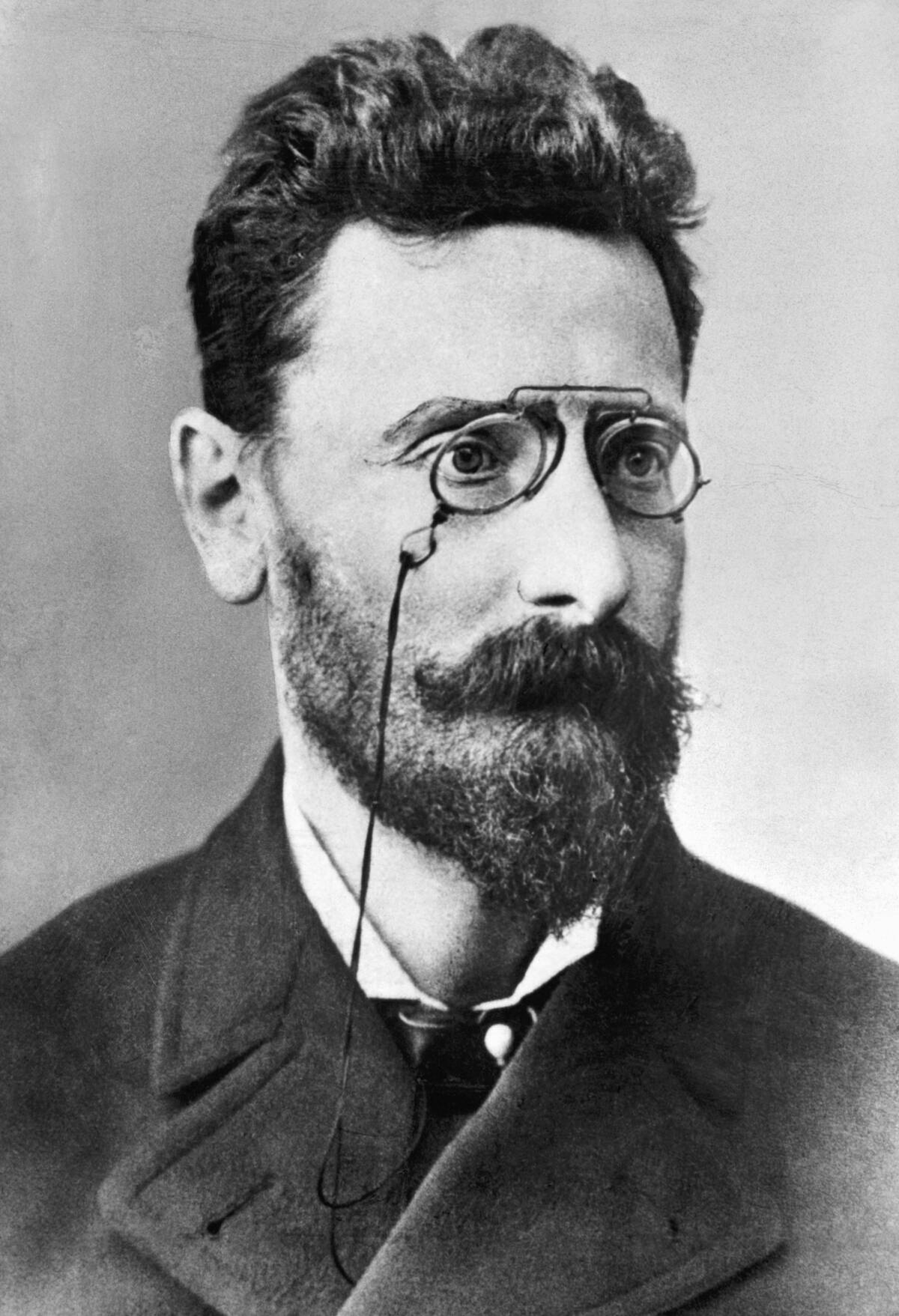
Joseph Pulitzer, a Hungarian immigrant, transformed American journalism with his commitment to investigative reporting and public service. He was a newspaper publisher known for establishing the pattern of the modern newspaper.
Pulitzer’s dedication to high-quality journalism laid the foundation for the award that bears his name, ensuring his legacy endures long after his lifetime.
Inception of the Pulitzer Prize: How It All Began

The Pulitzer Prize was born from the vision of Joseph Pulitzer, who left a bequest to Columbia University to establish a school of journalism and the awards.
This vision came to fruition in 1917, marking the beginning of a tradition that would celebrate excellence and innovation. The prize was meant to inspire journalists to strive for integrity and creativity.
The First Awards Ceremony: A Look Back at 1917
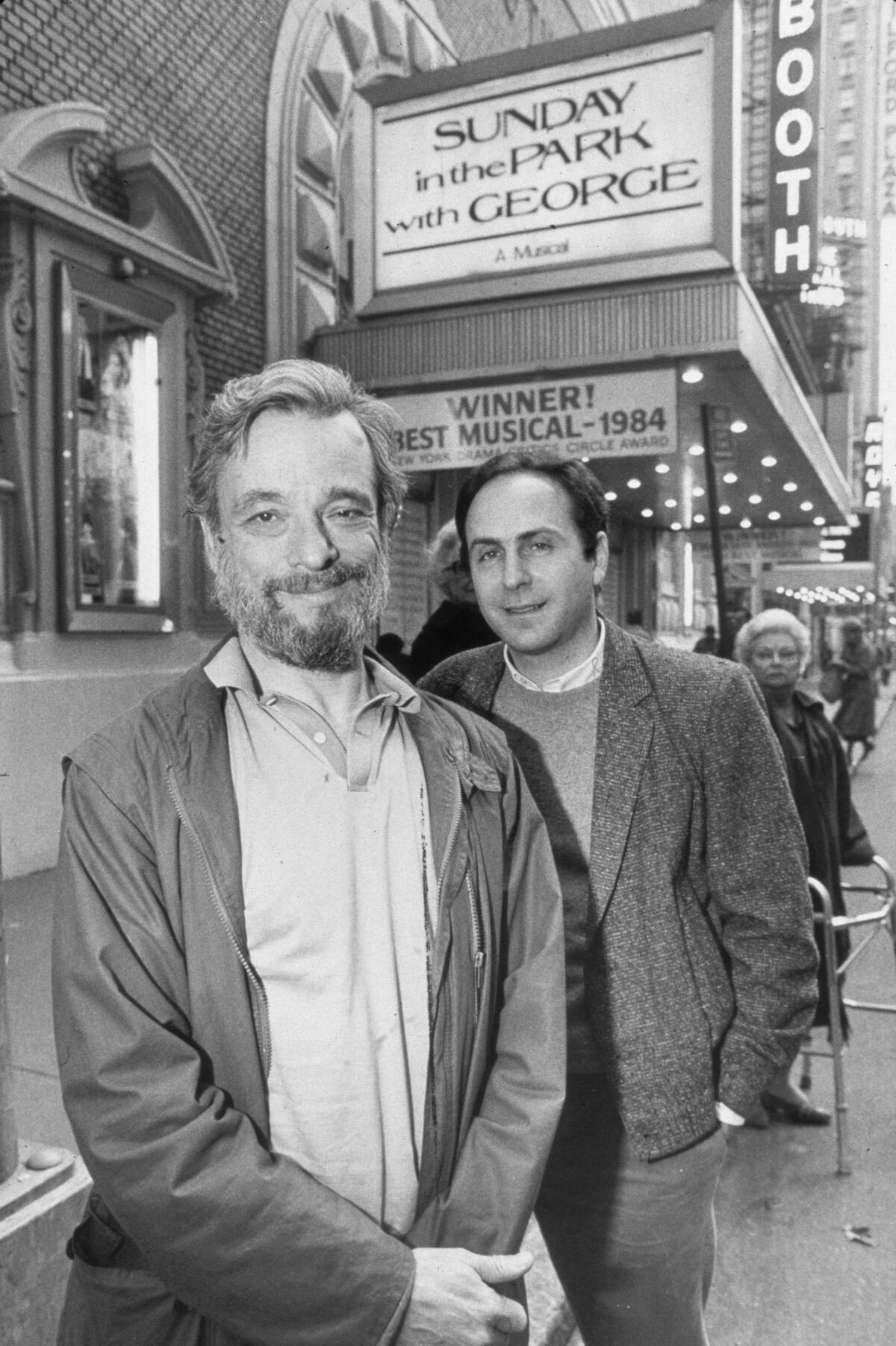
The inaugural Pulitzer Prize ceremony in 1917 was a modest affair, awarding just four journalism prizes. The first recipients included the New York Times for its public service during World War I.
Over time, the ceremony has grown in prestige and scope, but the essence remains: honoring distinguished achievements in journalism and the arts.
Categories and Criteria: What It Takes to Win
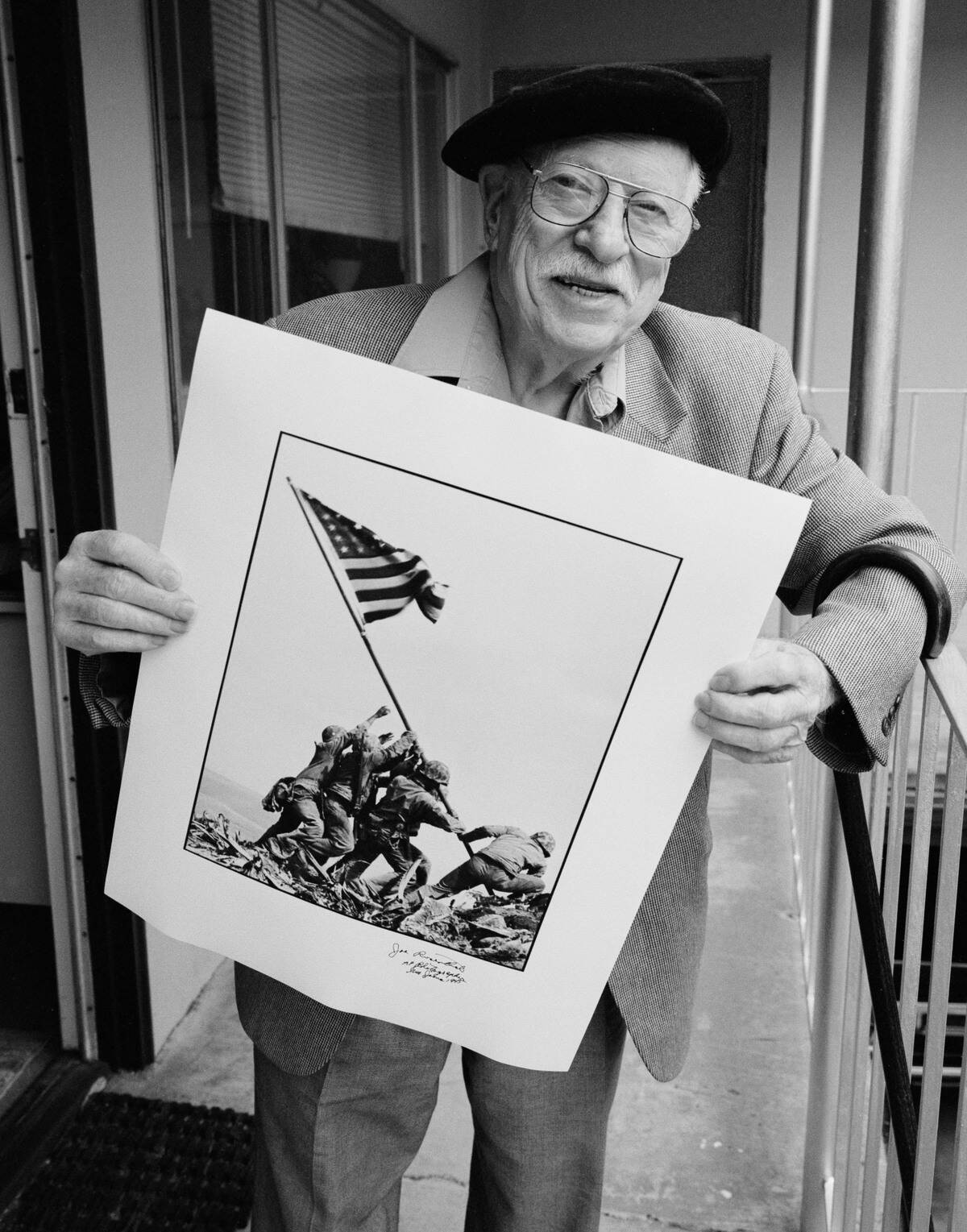
Winning a Pulitzer requires meeting rigorous standards across various categories, including journalism, literature, and music. Each submission is evaluated on criteria such as impact, originality, and quality of content.
The process is competitive, with entries judged by panels of esteemed professionals who ensure that only the best are recognized.
Evolution Over Time: Changes in Award Categories

The Pulitzer Prize categories have evolved to reflect changes in society and media. Initially focused on journalism and literature, the awards now include music and drama.
New categories, such as feature photography and breaking news reporting, have been added to accommodate emerging forms of media and storytelling, keeping the awards relevant.
The Iconic Pulitzer Medal: Design and Symbolism
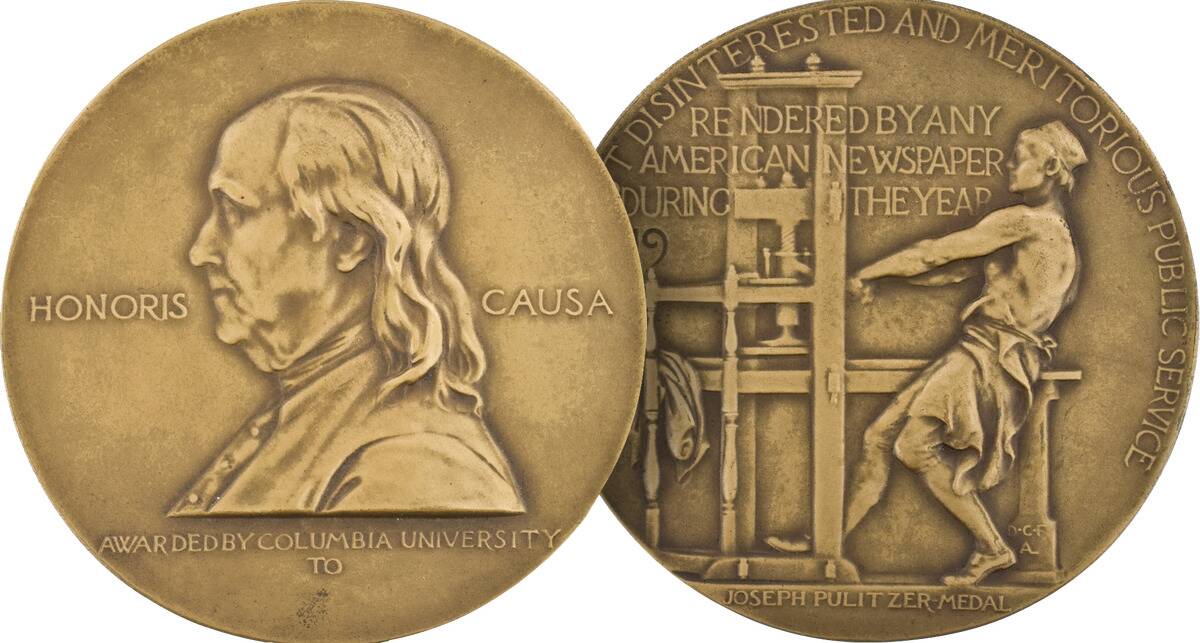
The Pulitzer Prize medal is a symbol of journalistic and artistic excellence. Designed by sculptor Daniel Chester French, the medal features Benjamin Franklin on one side, with a printer at work on the other, representing the importance of the press.
This iconic design embodies the spirit of innovation and dedication celebrated by the Pulitzers.
Notable Early Winners: Setting the Standard
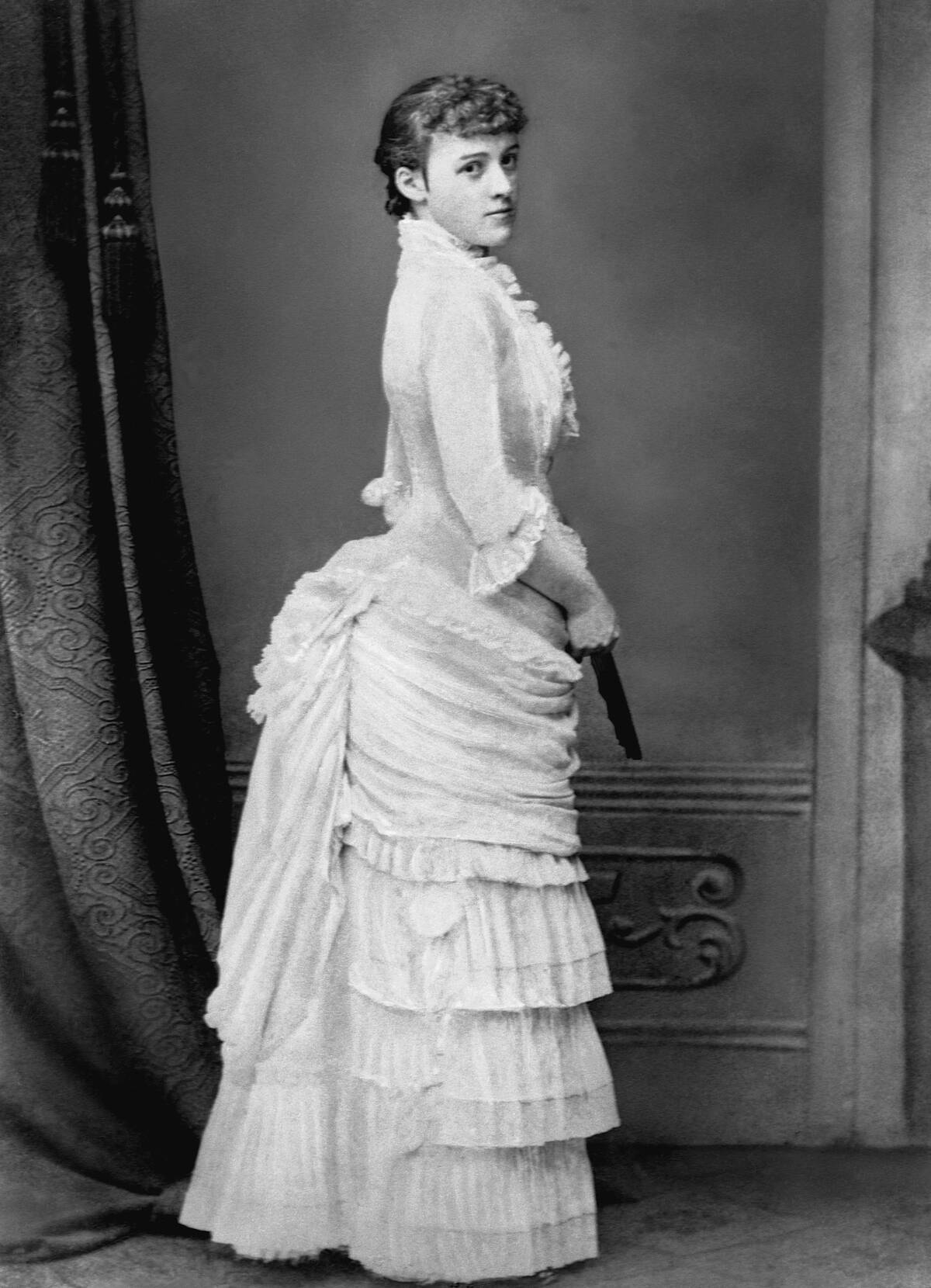
Early Pulitzer Prize winners set high standards for future recipients. Among them was Edith Wharton, the first woman to win for fiction in 1921 with “The Age of Innocence.”
These early laureates established a tradition of excellence and became benchmarks for quality in journalism and the arts, inspiring generations of creators.
The Role of Columbia University: A Partnership for Excellence

Columbia University has been integral to the Pulitzer Prize since its inception. As the administrator of the awards, Columbia ensures the prizes maintain their prestige and relevance.
The university’s School of Journalism, established through Joseph Pulitzer’s endowment, plays a crucial role in fostering the next generation of media professionals.
The Impact of World Events: Pulitzers During Wartime
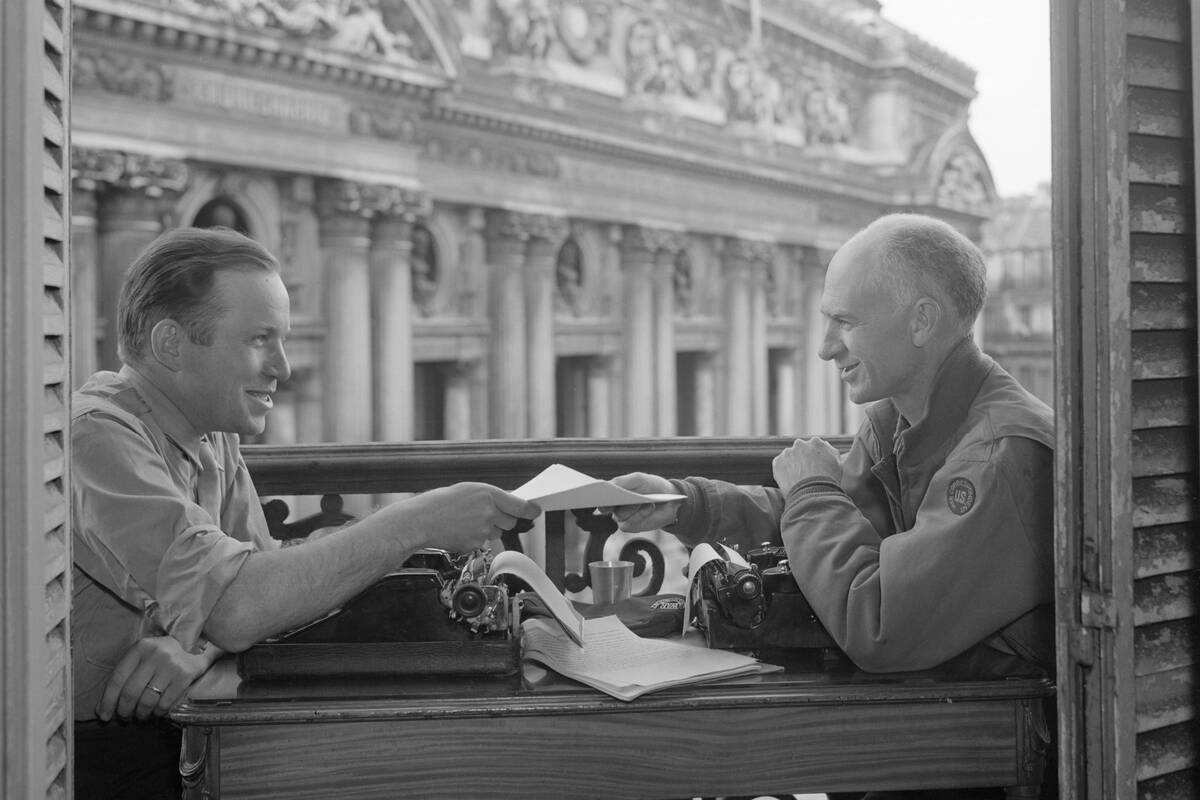
World events have profoundly influenced the Pulitzer Prizes, particularly during wartime. The awards have honored journalists who risked their lives to cover conflicts, providing vital information to the public.
During World War II, coverage of the war’s impact and aftermath received recognition, highlighting the critical role of journalism in documenting history.
Controversies and Criticisms: Debates and Discussions
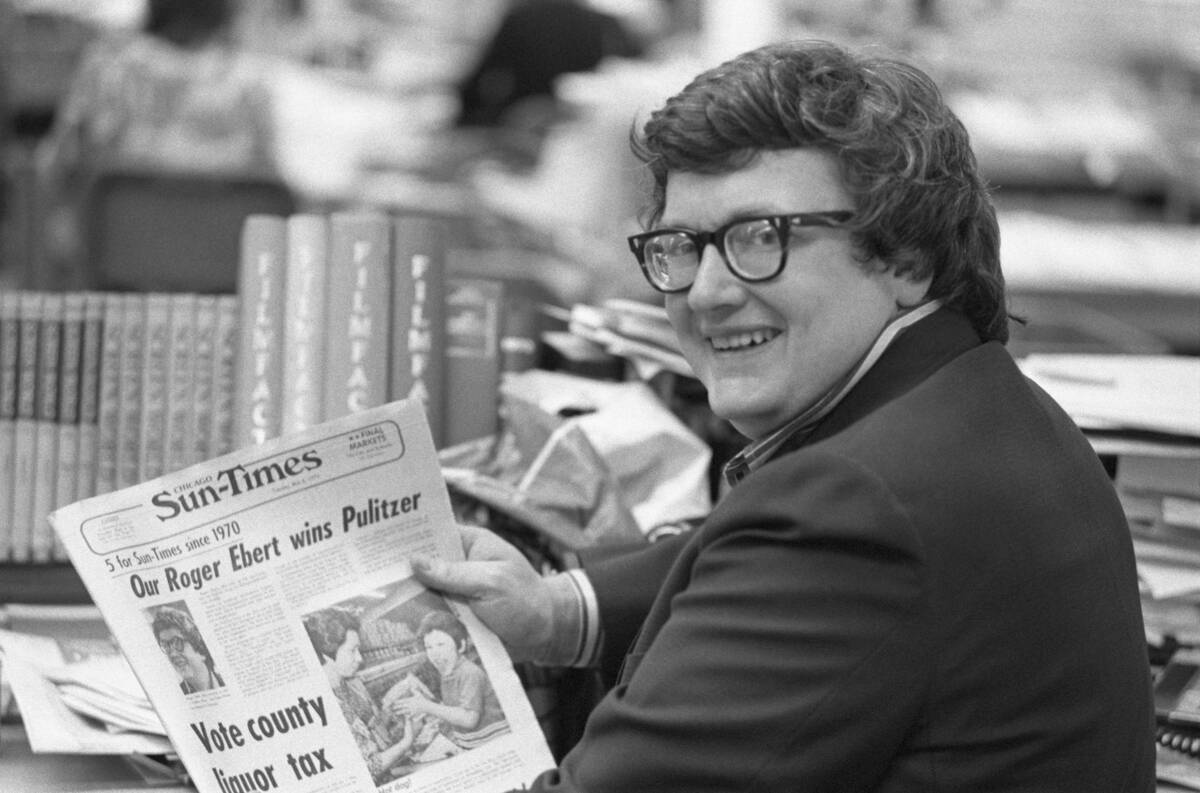
The Pulitzer Prizes have not been free from controversy. Some debates focus on the subjective nature of judging creative work, while others criticize perceived biases in the selection process.
Despite these discussions, the Pulitzers continue to adapt, striving for transparency and inclusivity while maintaining their reputation for honoring outstanding contributions.
The Pulitzer Prize in Journalism: Celebrating Investigative Reporting

The Pulitzer Prize in Journalism has long celebrated the power of investigative reporting. Awardees have uncovered significant stories, from the Watergate scandal to the Pentagon Papers, cementing journalism’s role as a pillar of democracy.
These awards recognize the courage and dedication required to bring crucial issues to light, often at great personal risk.
Literature and the Pulitzer: Honoring Storytelling and Creativity
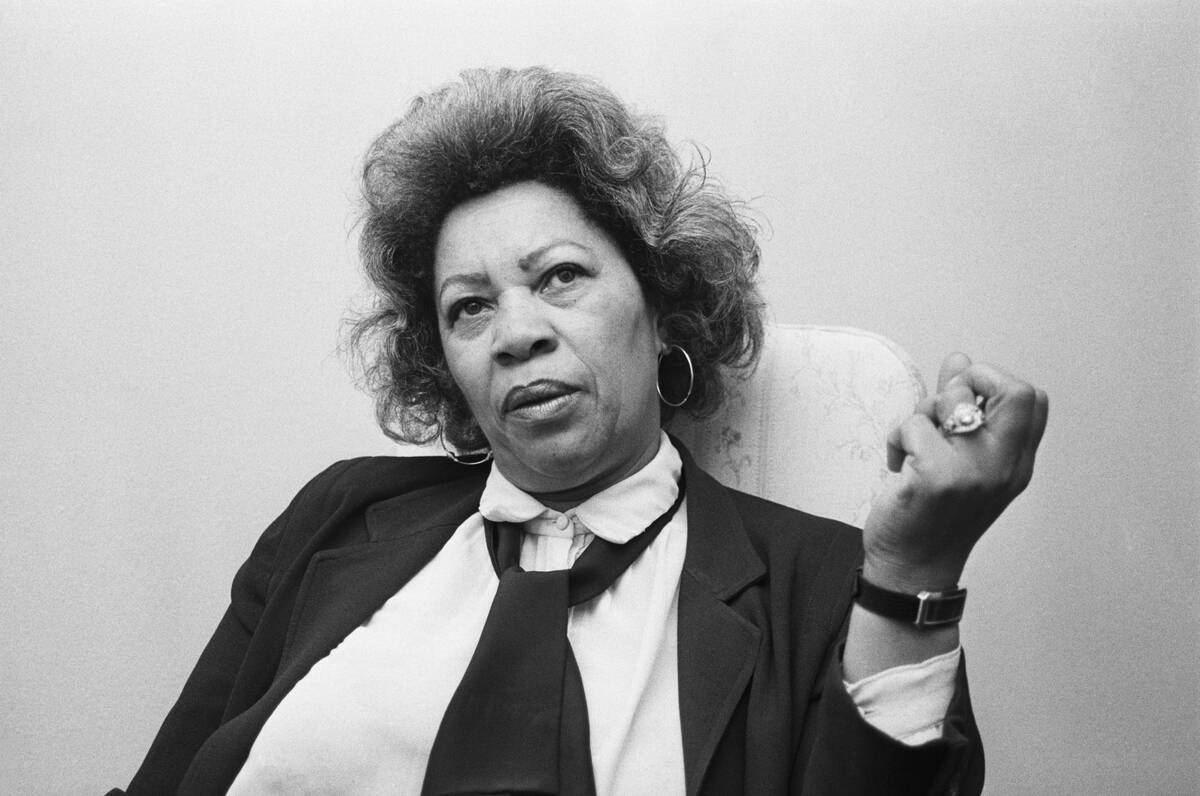
The Pulitzer Prize for Literature recognizes authors who push the boundaries of storytelling. Past winners like Toni Morrison and Ernest Hemingway have left an indelible mark on American literature.
This category celebrates creativity and innovation, honoring works that challenge, inspire, and resonate with readers across generations.
Music and Drama: Recognizing Artistic Excellence
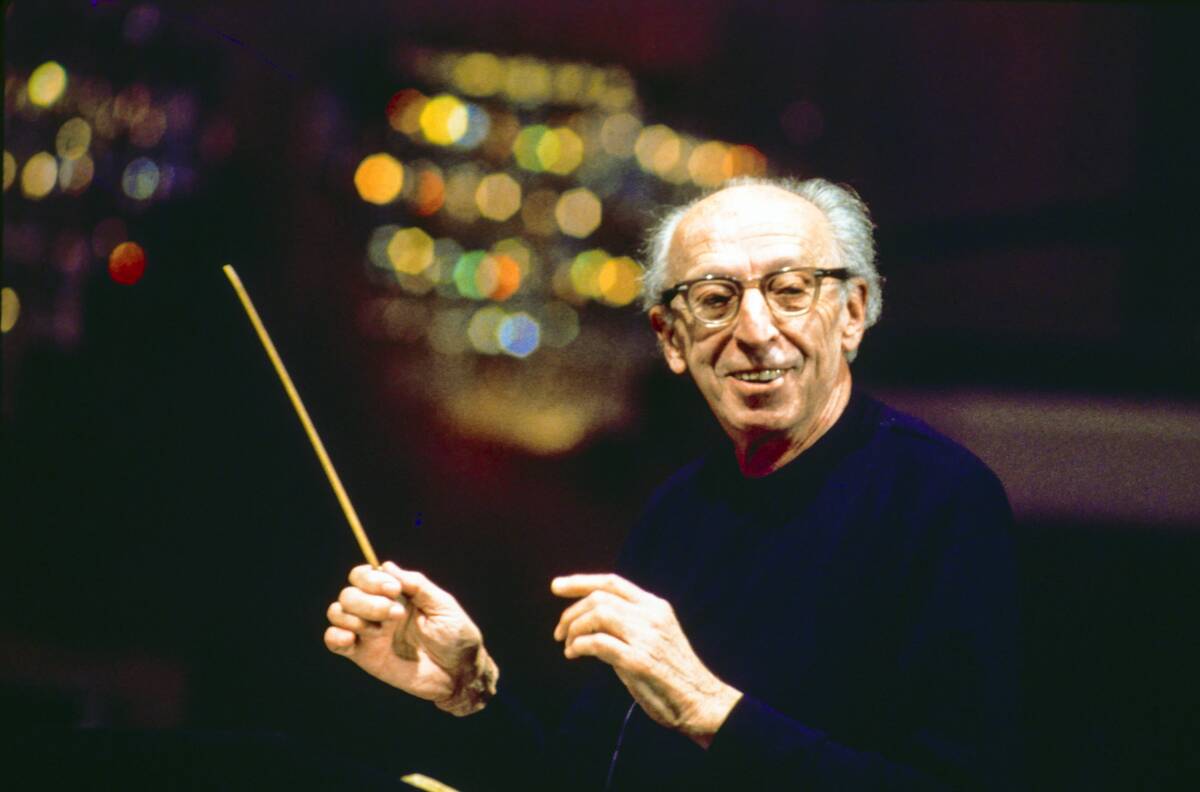
In music and drama, the Pulitzer Prize acknowledges exceptional artistic achievements. Composers and playwrights such as Aaron Copland and August Wilson have been celebrated for their contributions to the arts.
By recognizing these talents, the Pulitzers highlight the importance of artistic expression in shaping culture and society.
Women and the Pulitzer: Breaking Barriers and Making History
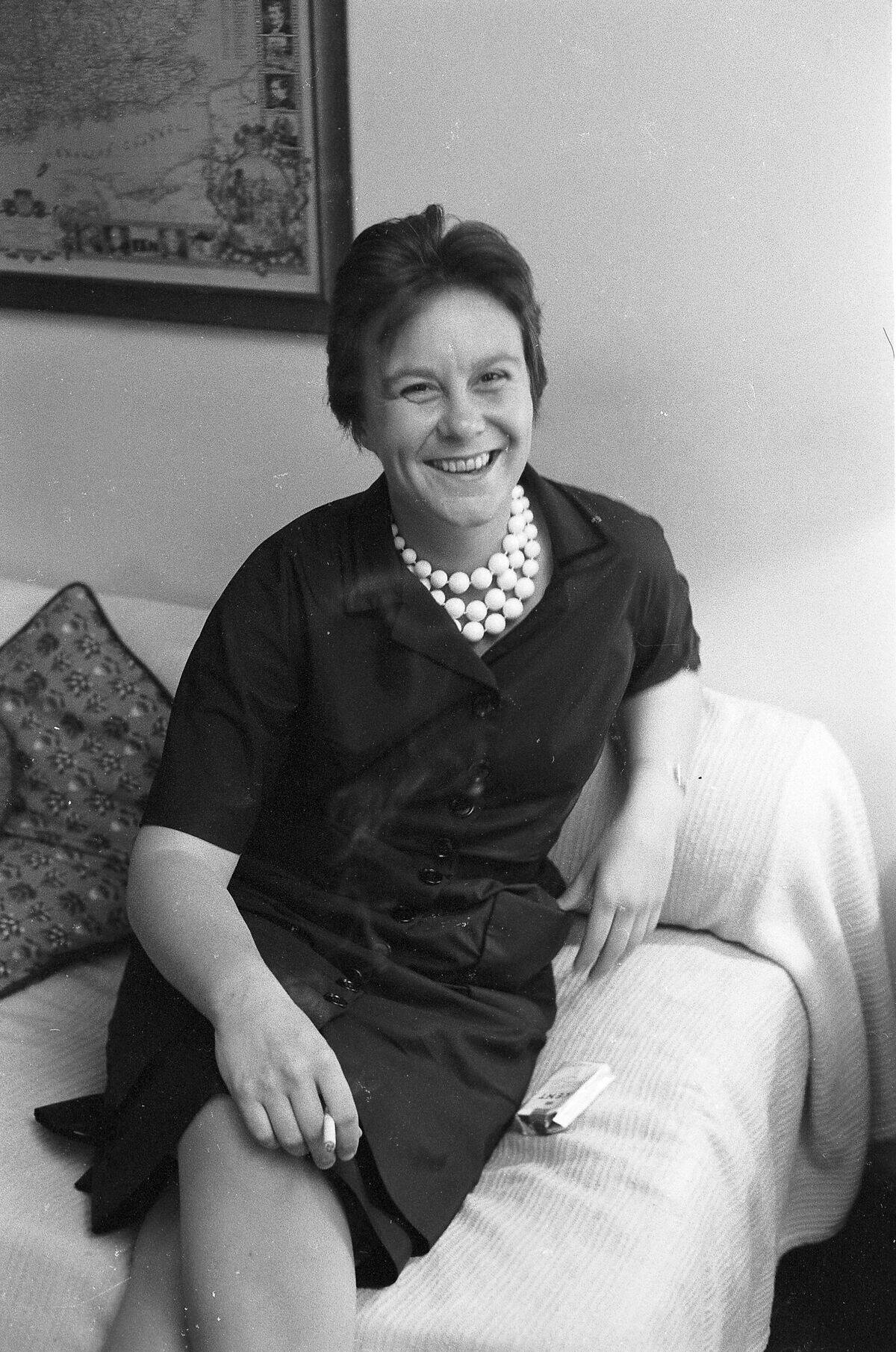
Women have made significant strides in earning Pulitzer Prizes, breaking barriers in journalism, literature, and the arts. Figures like Harper Lee and Anne Tyler have demonstrated the impact of female voices.
These achievements pave the way for future generations, underscoring the Pulitzers’ role in promoting diversity and inclusion.
Memorable Acceptance Speeches: Words That Resonated

Pulitzer acceptance speeches often reflect the profound impact of winning. From poignant reflections to calls for change, these speeches resonate beyond the ceremony.
Winners like Bob Dylan, honored with a Pulitzer Special Citation, have emphasized the power of art and words, reinforcing the significance of their contributions to society.
The Pulitzer Prize in the Digital Age: Adapting to New Media

As media evolves, so too does the Pulitzer Prize. In the digital age, the awards have expanded to recognize new forms of journalism and storytelling. From 2008, content published on online-only news sources is also considered.
This adaptability ensures that the Pulitzers remain relevant and continue to honor innovative work.
Behind the Scenes: The Selection Process

The selection process for the Pulitzer Prize is thorough and confidential. Jurors, who are experts in their respective fields, review submissions and recommend finalists. The Pulitzer Prize Board then makes the final decision.
This rigorous process ensures that recipients truly represent excellence, maintaining the awards’ integrity and prestige.
The Pulitzer Prize Board: Who Decides?

The Pulitzer Prize Board, composed of distinguished journalists, academics, and cultural leaders, is responsible for the final selection of winners.
This diverse group brings a wealth of experience and perspectives to the decision-making process, ensuring that the awards reflect a broad understanding of excellence and innovation.
How to Get Involved: Submissions and Nominations

Submissions for the Pulitzer Prize are open to anyone who meets the criteria, with most categories requiring an entry fee. Nominations are reviewed by jurors who assess the quality and impact of the work.
This open process encourages a diverse range of entries, ensuring that the awards recognize the best across various fields and disciplines.
Inspirational Stories: Winners Who Overcame the Odds

Many Pulitzer winners have inspiring stories of overcoming adversity. Consider journalist Katherine Boo, who won for her reporting on poverty despite suffering most of her life from bad health.
These stories highlight the resilience and determination of those who achieve greatness, providing motivation for others to pursue their passions against the odds.
The Global Reach: International Influence of the Pulitzer

While the Pulitzer Prizes are American, their influence extends globally. International journalists and authors look to the Pulitzers as a benchmark for excellence.
The global reach of the award highlights the universal value of quality journalism and storytelling, fostering a worldwide community of creatives striving for distinction.



